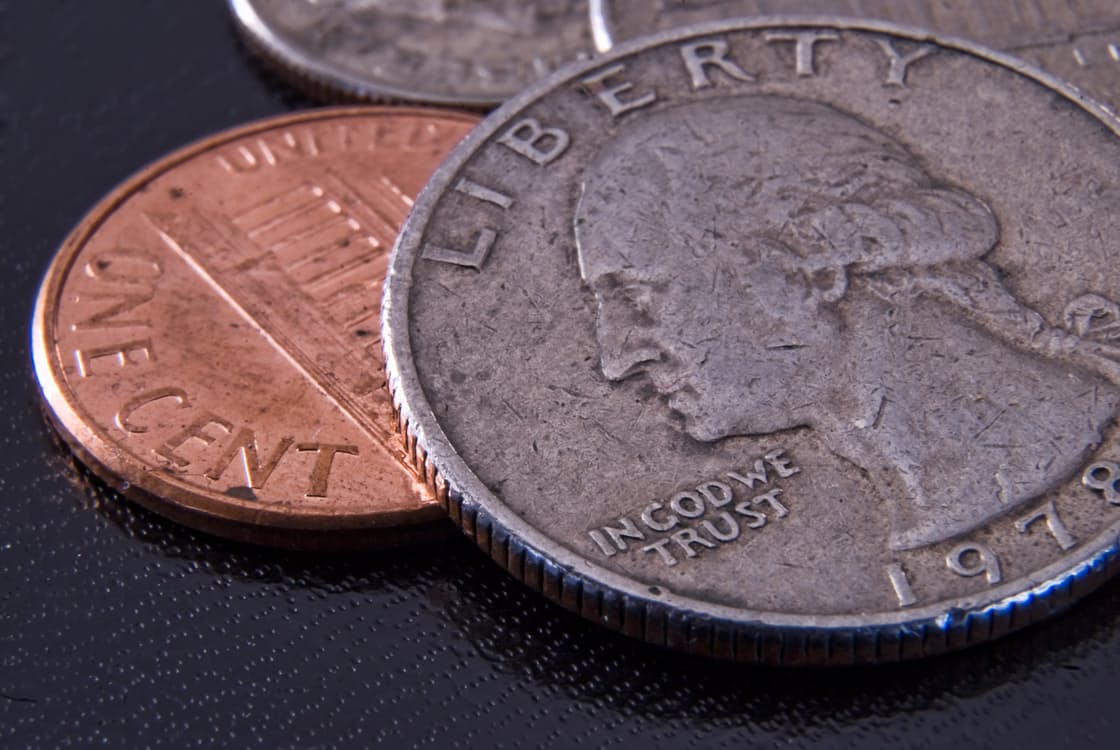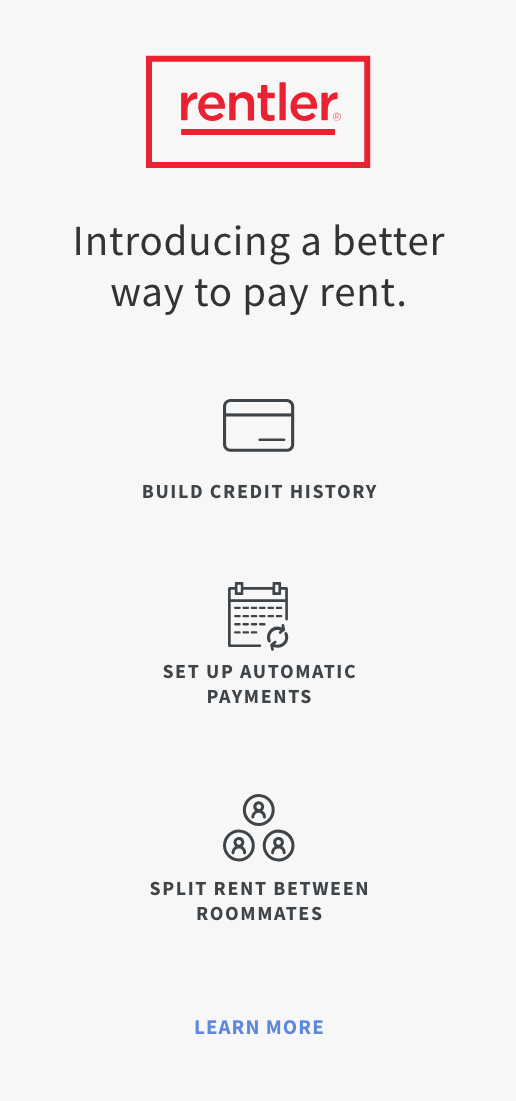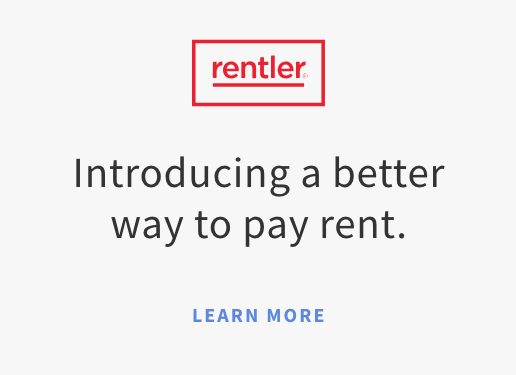The scenario is simple. It’s usually not your fault. You were too nice. You wanted to help someone. Okay, fine. Maybe you weren’t bailing out your friend from jail for doing that crazy thing at your best friend’s bachelor/bachelorette party (for those of you out there, we know who you are).
Perhaps it was something more common, like car repairs costing you your monthly rent or a really unexpected trip to your local Urgent Care facility (Flaming Dr. Pepper shots be darned).
Whatever the reason, good, bad or ugly – you’ve blown your monthly budget. Woe is you and your very unhappy apartment management (or happy, depending on what your late fees look like). All the more reason to make sure you pay rent AND still survive until the next paycheck.
Below, you’ll find a quick and easy crisis control plan for when the world hits the fan and what you need to make sure you literally have enough to make rent.
Just like preparing for a Netflix binge with popcorn and ice cream, you’ll need to make sure you’ve got all the details covered to survive till your next payday – which we’ll assume is 2 weeks. Here’s are two popular scenarios and how to make it work:
Scenario 1: I’ve got $500 cash from my emergency account.
- Keep credit cards on reserve. Don’t use them, those interests payments are like bad karma…they will come back to get you. Use them only in an emergency.
- Know your habits. Do you eat out all the time? Where do you spend money weekly? Whatever your weekly or daily habits are, the first step is to realize your cashflow. In this scenario, you’ve got just about $35 per day to live on. Adjustments and accommodations can be made with packed lunches for work and smarter buying options.
- Enjoy your time. During this expenditure-cutting period, the key is to fill your time with meaningful activities that money can’t buy. Going on a daily jog, reading a book, catching up on that TV series on Netflix or Hulu are just some of the personal things you can do. The next thing is talking with old friends on the phone or making it a thing to catch up with all your family members on a phone call – including Auntie Susan who you haven’t talked to in ages… she misses you.In situations like this, it’s important to take the situation as a time to really live life and enjoy the little things that make it so enriching. Mixing in a personal and social element each day or every other day will make your life totally wonderful and you really come to realize that money isn’t a huge thing.
Scenario 2: I don’t have an emergency fund and no cash to spend.
- Credit cards. In a situation where your back is against the wall, it’s time to pull out the credit cards. Personally, I recommend charging between $300-$500 on them to manage life until paycheck time comes. If you do this, then the main issue you will face will be handling the payments after your next check comes in.
- No credit cards? It’s time to call in the cavalry. Borrowing from family may not have happened since you were in high school, if ever, but it’s a good time to get a loan from family or super duper close friends. As long as it’s clear what the repayment looks like and your pride won’t get in the way, it’s certainly not a bad idea.
- No credit cards OR family/friends? For whatever reason, you may not be able to draw a credit card or line of credit in time. Furthermore, friends and family may not be an option. In this case, there’s another solution: it’s time to sell a few things online.Buying and selling on Craigslist, or your local classified site, can be fun.
I personally don’t recommend pawn shops because they definitely rip you off. One perk of selling through a classified site is that you can arrange a buyer to pick it up. Practice general caution with selling. Getting to the $500 mark by selling what you’ve got can be painful, but it’s something you can definitely do. After you get past this speed bump on the road of life, you may consider buying and selling on peer to peer marketplaces.
Surviving until the next paycheck is painful. Once the painful period ends, it’s time to focus on getting your life back in order. But more importantly, you have to think about why you got into this position. There’s really only one solution we’ve found – build an emergency fund. This fund is important, and it’s something that, as you add more and more to it, can help reinforce smart financial choices.
For those that have never had an emergency fund, get on it. Why? Because each time you invest into it, it’s like a rush of dopamine. It’s the adult / financially savvy side of your inner ego (getting Freudian) giving you a big ol’ pat on the back. This behavior is the ONE trigger that not only saves your life in the middle of a rainy month, but it’s also one that can make you feel super-powered.
Overall, hopefully this gives you some survival strategies to keep things in perspective. $500 is livable, although not luxurious, for many urban dwellers. For those in tougher positions, our advice is to find a temporary way to manage until the next paycheck. Ultimately, the best solution to handling a blown monthly budget is the emergency fund.
If you need help starting an emergency fund or learning how to budget find a resource like Fresh Start, that will help you figure out a plan to better manage and make great financial decisions.








